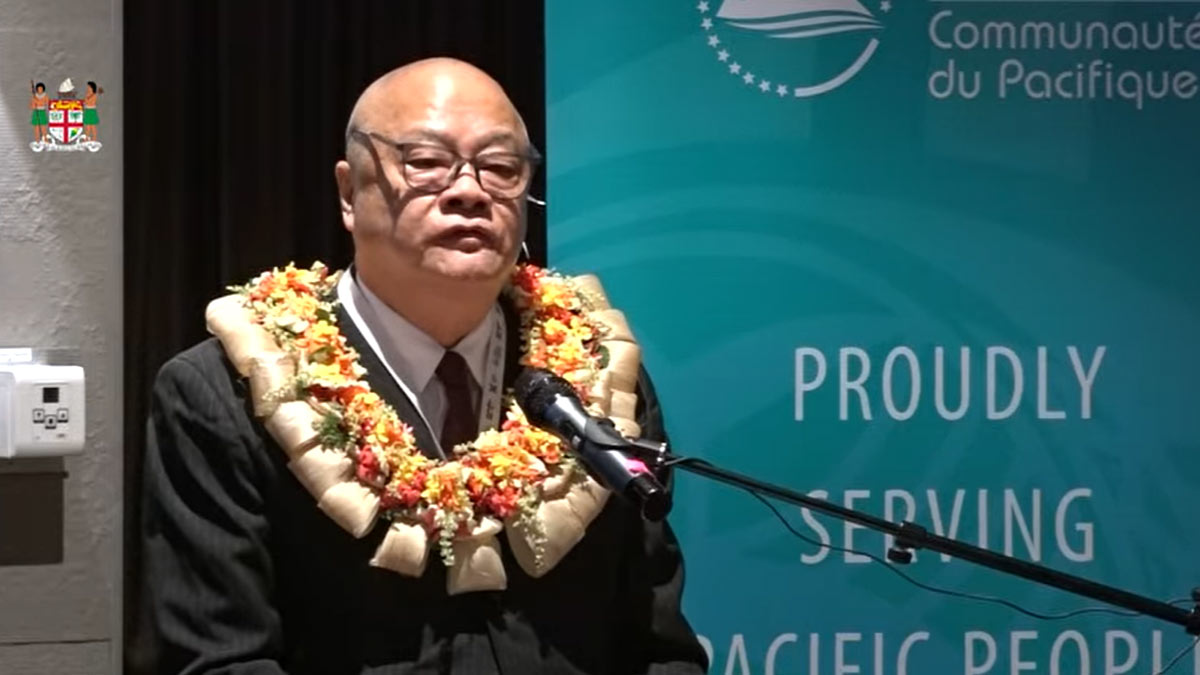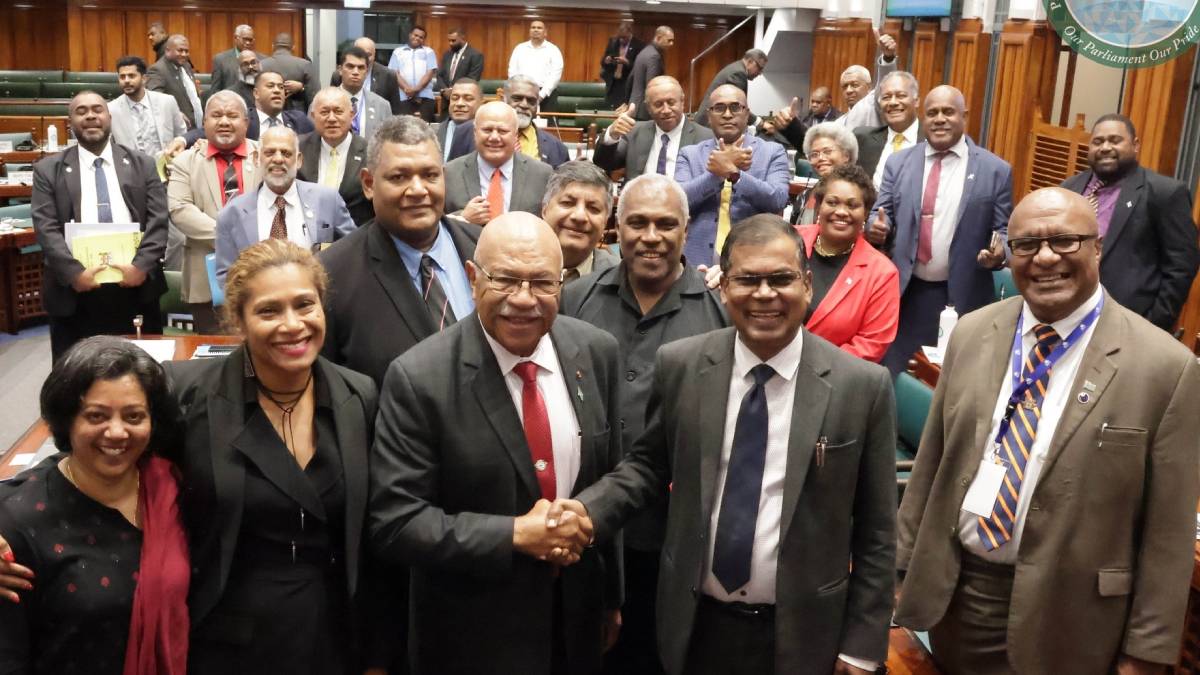
Attorney-General Graham Leung has highlighted the important role of international law in addressing climate change while welcoming Pacific participants at the International Court of Justice (ICJ) Workshop held at the Hilton Resort in Denarau, this morning.
The Attorney Generals of Vanuatu, Papua New Guinea, Tuvalu and Kiribati were also in attendance.
The International Court of Justice will hold public hearings on the 2nd and 3rd of December, 2024, on an advisory opinion case that will become a reference point in defining countries’ legal obligations to fight climate change.
According to Leung, the 2 legal questions that will be considered by the International Court of Justice are what are the obligations of States under international law to ensure the protection of the climate system and other parts of the environment from anthropogenic emissions of greenhouse gases for States and for present and future generations and what are the legal consequences under these obligations for States where they, by their acts and omissions, have caused significant harm to the climate system and other parts of the environment?
In 2023, the United Nations General Assembly asked the International Court of Justice for a formal opinion on whether large states that contribute to greenhouse gas emissions may be liable for damages caused to small island nations.
Leung says today marks a critical moment as we take yet another step toward ensuring that the voices of our nations, especially those of the Pacific, are heard in the global legal discourse on climate change.
He highlighted the importance of the forthcoming International Court of Justice hearing on State obligations to combat the effects of climate change, describing it as a historic opportunity to gain much-needed legal clarity.
He adds at the 2023 Pacific Islands Forum meeting held in Rarotonga, our leaders strongly encouraged the participation of all Forum Members in the International Court of Justice.
He further adds that this is a chance to secure much-needed legal clarity on what international law requires of States in terms of climate action.
The Attorney General says this is not just about interpreting treaties, it is about ensuring that the legal principles underpinning international law, such as State responsibility, environmental protection, and human rights, are applied in the context of the most pressing challenge facing humanity today—climate change.
Leung adds that the International Court of Justice advisory opinion, along with a recent opinion by the International Tribunal for the Law of the Sea (ITLOS), would contribute to the growing body of jurisprudence on climate change and human rights law.
He says for countries like Fiji, Vanuatu, and other Pacific Island States, this is more than a legal exercise because it is about our survival and the future generations to come.
He also says the impacts of climate change are already threatening our homes, our livelihoods, and our cultures and the advisory opinion could shape future international climate actions and agreements for years to come, potentially influencing how States behave, how climate treaties are enforced, and how vulnerable countries like ours can hold other States accountable for failing to act.
The Attorney General highlighted the need for Pacific Island countries to use the opportunity at the Nadi workshop to advocate for the enforceability of international climate agreements.
Leung says they need to make sure that legal principles like the ‘no-harm’ rule, ‘common but differentiated responsibility,’ and human rights obligations are properly recognized and applied to the context of climate change.
Stay tuned for the latest news on our radio stations

